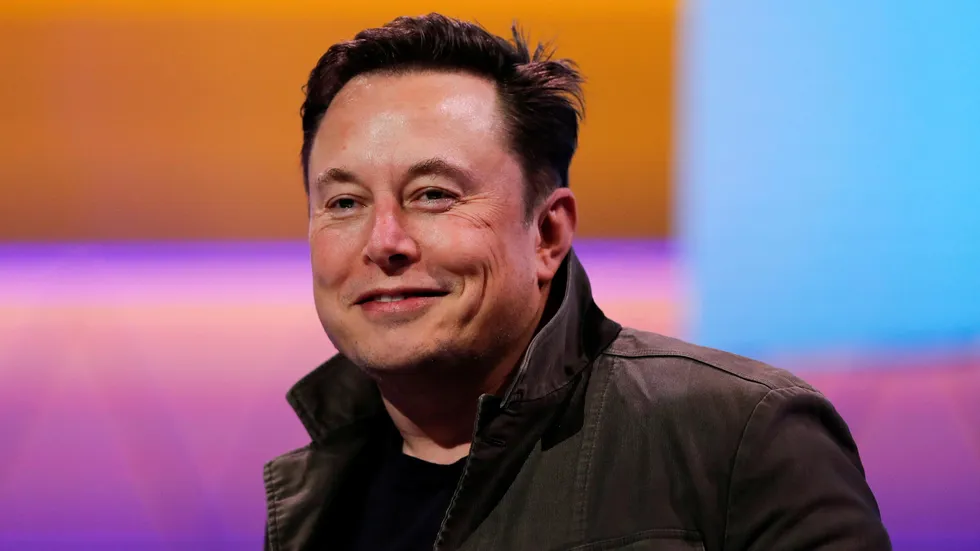Tech billionaire Elon Musk has accused National Public Radio (NPR) of hypocrisy after the news outlet announced it would no longer use Twitter to post content. The move came after Twitter labeled the organization as “government-funded media,” implying that the US government has involvement in its editorial content. NPR claimed the label provided by Twitter was not an accurate description of its public media governance structure and that it had requested the label be removed or replaced with a more accurate one.
Musk responded to NPR’s withdrawal from Twitter by citing a statement on the organization’s official website that said “Federal funding is essential to public radio” (the statement has since been removed). In a tweet, Musk called NPR “hypocrites” for stopping the use of Twitter.
NPR noted that if it continued tweeting, every post would carry a misleading label, and therefore it would no longer use Twitter to post content. The news outlet will remain on other social media platforms and is reviewing whether it should expand to include emerging third-party platforms.
BBC was also labeled as “government-funded media” by Twitter. BBC objected to the label, also calling it misleading. Hours after Musk’s interview with BBC, Twitter changed the label on BBC to “publicly funded media.”
During the interview with BBC, Musk claimed Twitter strives to be as “truthful and accurate” as possible. He also mentioned that Twitter is “roughly breaking even” since many advertisers, who had previously paused spending on the platform, had returned.
Musk was asked if he would be willing to sell Twitter if he was offered $44 billion during the interview. He immediately responded with a “no,” clarifying that he would only sell it to someone who has the same commitment to “truth” as him.
The labels on NPR and BBC are the latest in a series of spontaneous policy shifts under Musk, who bought Twitter last fall. The shifts have had an outsized impact on the media industry, which represents some of Twitter’s most hyper-engaged users.




